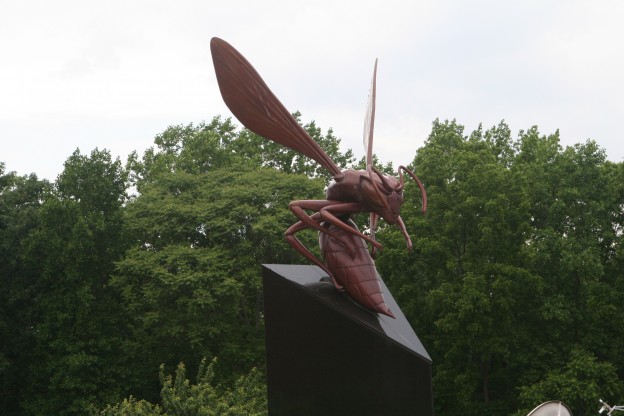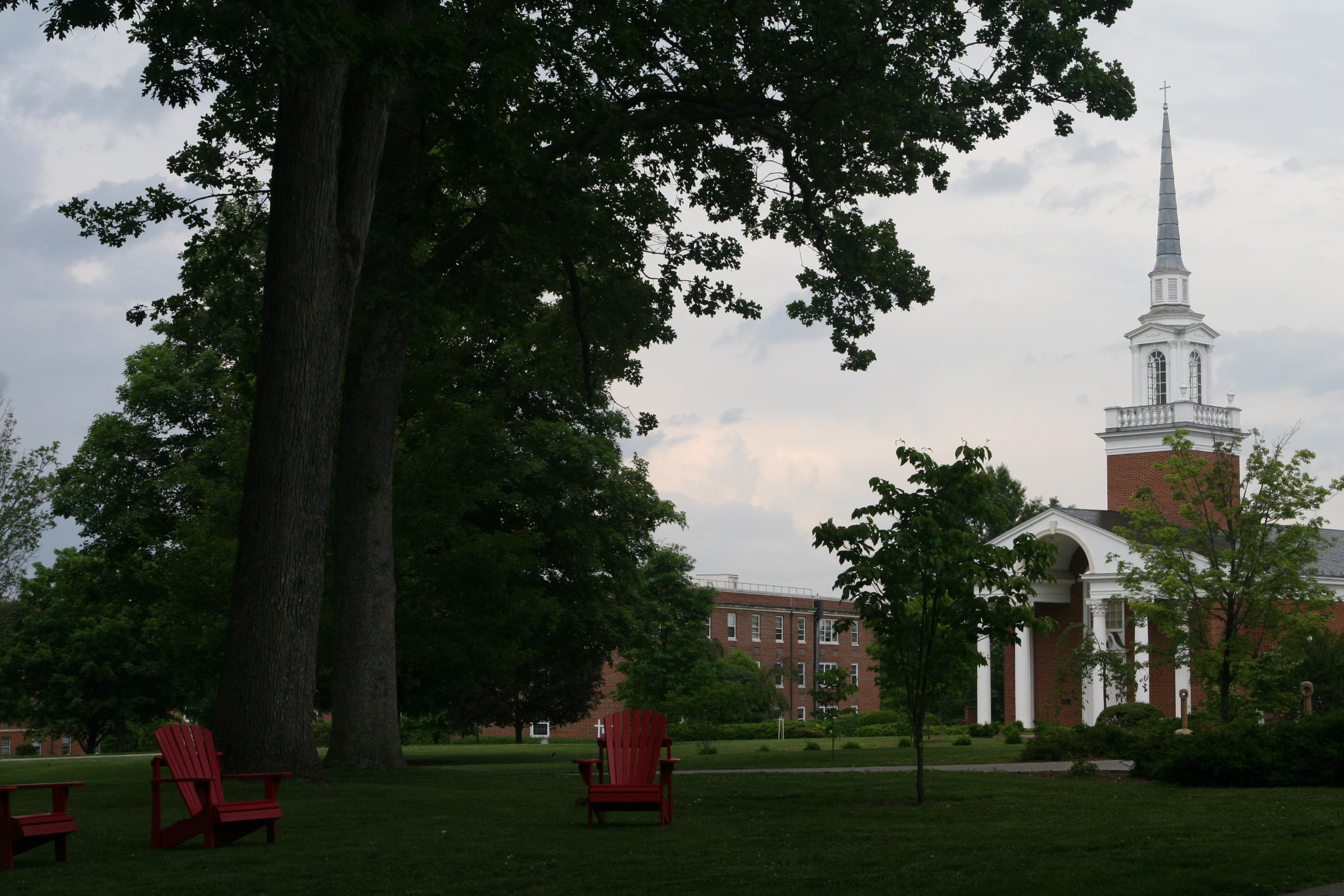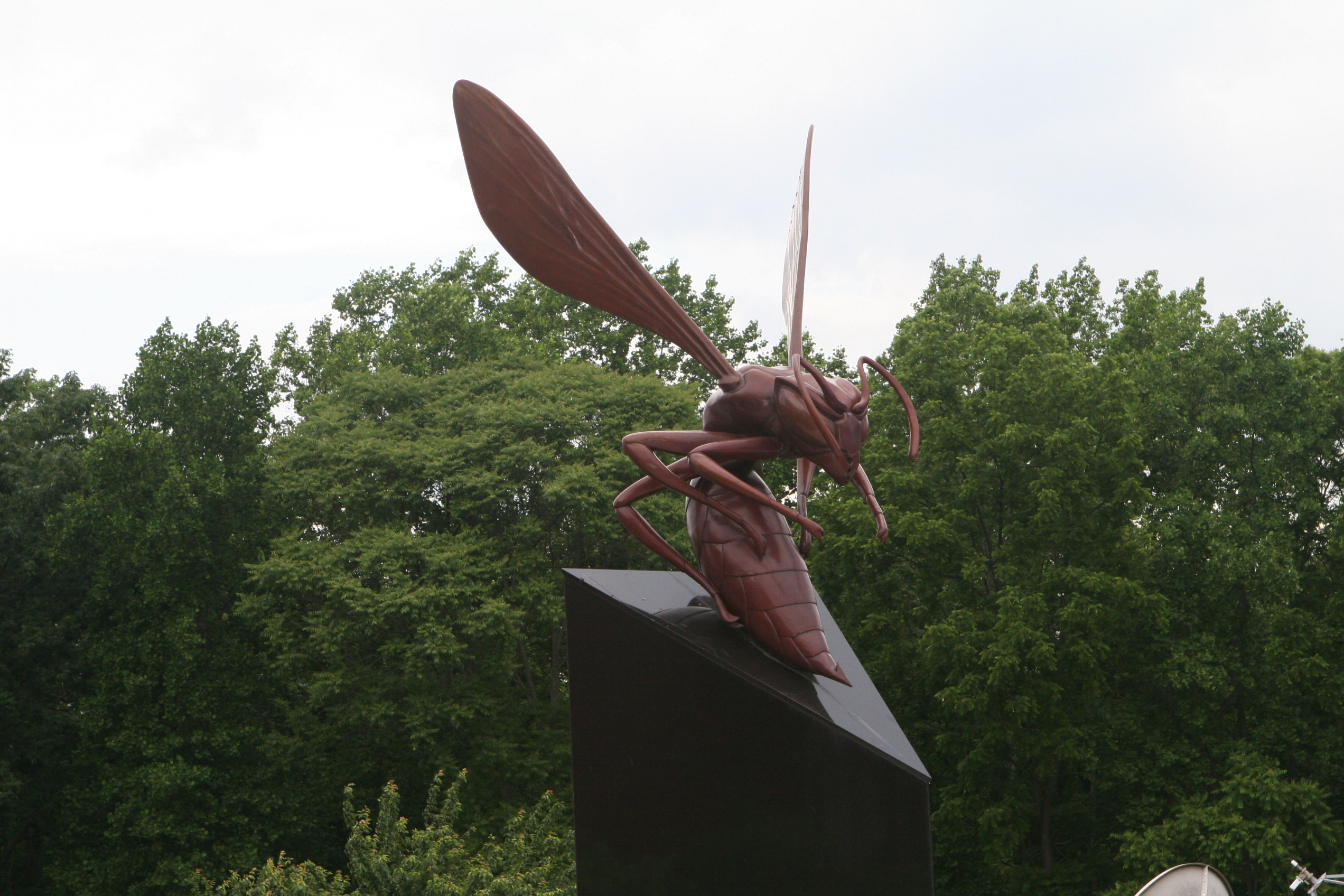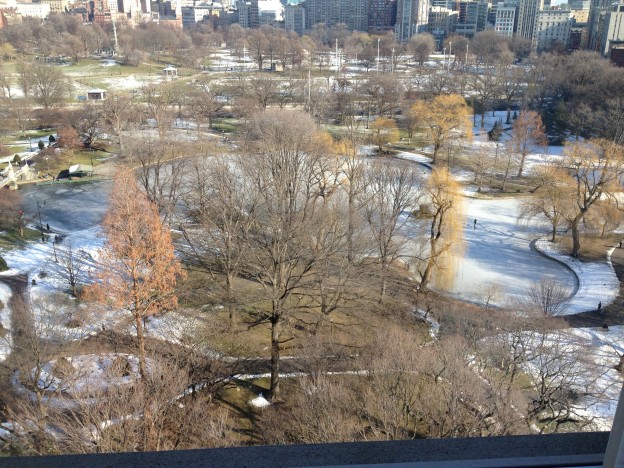It is the end of May and I am up early running in the Virginia woods near the campus of Lynchburg College. It is humid, not too warm, and I’ve found my way to a trail that winds its way beneath a canopy of oak trees. A white tail deer bounds across the trail, two black feral dogs skitter away as I come into view and catch the scent of a rotting carcass, and I stop to admire the intricate orange streaks on two good sized painted turtles in the trail.
I am in Virginia as one of three invited speakers for the conference “3-4 Hour: Conversations on Moving to Four Credit Hour Courses. The conversations among the faculty and staff teams from a range of institutions are familiar to me. The same questions, problems and concerns, the same sense of excitement and sense that we might indeed be doing things differently, perhaps even better, for our undergraduate students—the kinds of conversations we have been having at Keene State College. The conference appears extremely productive for participants as they weigh the promises and the potential pitfalls of transforming their curricula. One of the strengths of the conference is that the colleges represented are at all stages of the process—from exploring the idea of four-credit hour courses to having already decided to move to four-credit hour courses. In my keynote is to tell the story of Keene State College and to speak from my role as one of the faculty members who worked to create the four-credit English proposal and then helped the campus move toward a predominantly four-credit hour curriculum.
Lynchburg College is a very congenial place—the green grass of the Dell, stately Georgian-style buildings of red brick and white columns, the home of the fighting hornets (“the stingers”). The banners on the Dell say “Above and Beyond,” the marketing tag that captures the Lynchburg brand. Lynchburg, the college brochure says, is a “place to call home,” nestled below the Blue Ridge Mountains. Lynchburg is also the home of Falwell’s Liberty University and the Thomas Rhodes Baptist Church (which we drive by on the way to an Indian dinner on Saturday night)—ground zero of the religious right during the so-called culture wars that flared in the 1980s. Earlier in the twentieth century, Lynchburg was the home of the poet Anne Spencer, who was a friend and contemporary of Langston Hughes, W.E.B. Du Bois, Paul Robeson and James Weldon Johnson.




